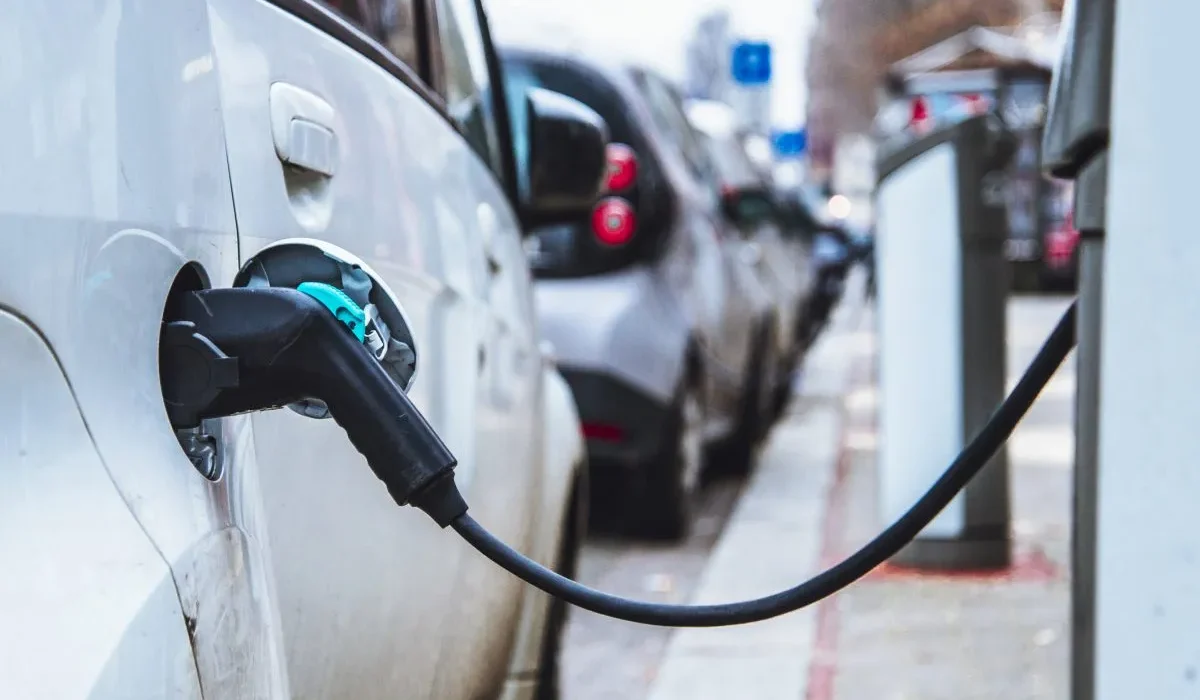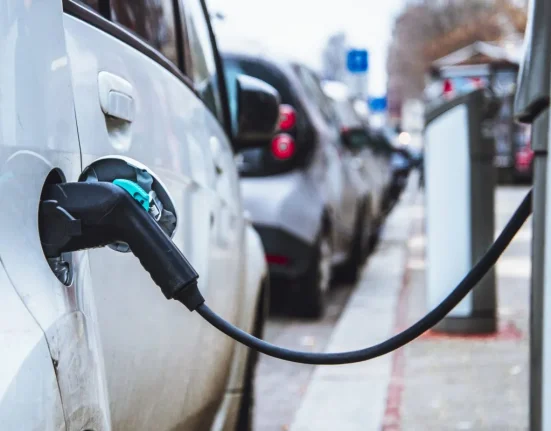Abuja, Nigeria | September 24, 2025
Nigeria’s push to accelerate the adoption of electric vehicles (EVs) is facing significant challenges, with experts warning that progress will remain slow unless gaps in infrastructure, skills, and affordability are urgently addressed.
Recent studies estimate that between 15,000 and 20,000 EVs are currently on Nigerian roads, a figure that represents only a fraction of the country’s total vehicle fleet.
While interest in EVs is growing, analysts point out that the pace of adoption remains constrained by limited charging facilities, unstable electricity supply, high purchase costs, and a shortage of trained technicians to maintain the vehicles.
Industry stakeholders highlight that charging stations are concentrated in a few urban centres, leaving much of the country without access to reliable infrastructure. Frequent grid outages further compound the problem, making EV use impractical for many drivers.
In addition, the high cost of importing EVs, compounded by duties and the expense of battery replacement, has kept the vehicles out of reach for most consumers.
To tackle the skills gap, government-backed programmes are underway to train thousands of young people in EV maintenance and assembly, while some local automakers are beginning to explore EV production.
However, policy experts say more comprehensive incentives, regulatory clarity, and sustained investment will be needed to build confidence in Nigeria’s EV market.
Observers conclude that without decisive action on infrastructure expansion, technical training, and cost reduction measures, Nigeria’s electric vehicle ambitions may fall short of expectations.

